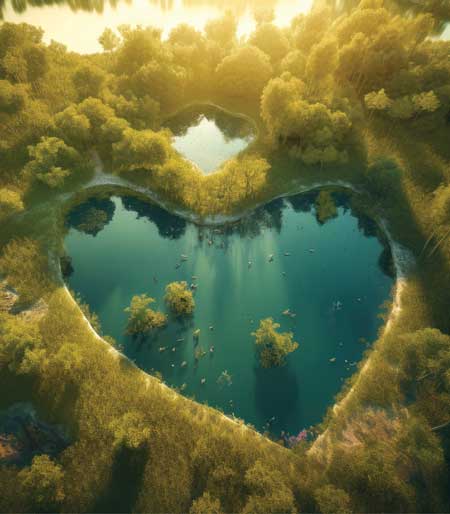WILDLIFE CONSERVATION
Environmental Reporting
Malaka Rodrigo draws attention to the critical role the media plays when it comes to conservation

Freelanceenvironmental writer
Q: What role does the media in any form play in conservation and creating awareness?
A: People strive to protect what they like and what matters to them. So the media plays a vital role in seeding the importance of conservation in people’s minds.
At this juncture where Sri Lanka is facing its worst economic crisis, it is natural that the environment would be pushed back amid other priorities. But if we ignore conservation and take a path of environmental destruction, it will make the situation worse in the long run. The Sri Lankan media should rise up to promote the need for the nation to embark on a path of sustainable development.
Q: Has Sri Lanka effectively leveraged the media to create public awareness on the importance of conservation?
A: The Sri Lankan media must do more in this regard.
Sri Lanka is one of the world’s 35 biodiversity hotspots, and this diversity helps many of our livelihoods and provides various ecosystem services such as climate regulation and so on. If we put a price on this, it would prove that we’re deeply in debt for the lives we lead today.
As such, it’s important to spread the message that the environment is not something external – everything is closely bound and destruction for short-term goals will ultimately impact everyone.
“People strive to protect what they like and what matters to them. So the media plays a vital role in seeding the importance of conservation in people’s minds

The nature of environmental reporting has become more complex, mixing with global politics, finances and more. Most of these concepts are new to Sri Lankans so the media has a vital role in educating the public on them in simpler language.
Environmental reporting is considered a part of science journalism so media organisations must dissect it to get to the science behind it. Sri Lanka has a good scientific community that conducts environmental research so the media must disseminate important conservation matters to its audience.
Q: What more should the media do to ensure the protection of endangered habitats and wildlife?
A: The media should report the bigger picture when reporting on issues related to these aspects. For example, it often reports the deaths of elephants but doesn’t look at why this conflict worsens each year.
Media institutions must also investigate environment related matters rather than merely incidents.
Q: How else can the media help with the deteriorating state of affairs in conservation?
A: While continuing to raise awareness on issues, the media should also report on instances where solutions to problems are implemented for ‘positive vibes.’ This will encourage everyone to seek more such solutions. A solution to an environmental issue may be implemented in another country so the media can explore beyond our boundaries.
The media should have a balanced view of the environment and needs to recognise that while sacrifices must be made in the name of development, it should be sustainable.



